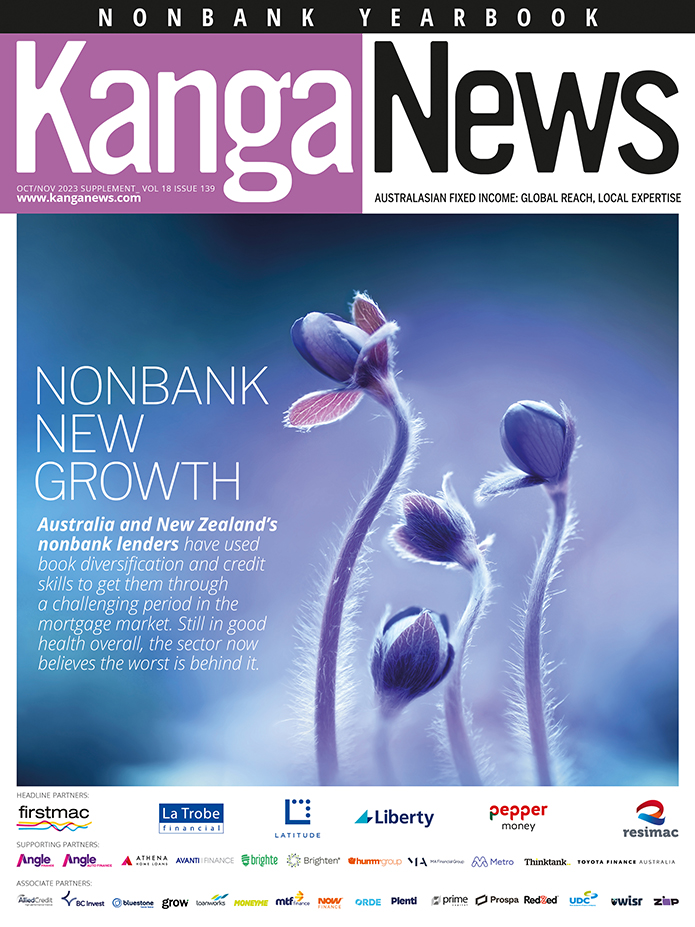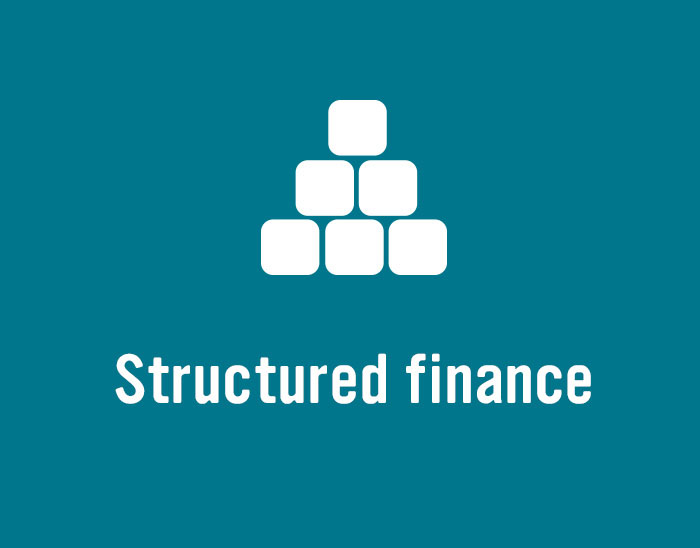
Australasian autos in focus for Avanti’s lending and funding plans
In a more challenging environment for mortgage origination in its home market, New Zealand’s Avanti Finance has been able to take advantage of its multiproduct approach to drive auto receivables growth. This has already led to a debut Australian dollar auto securitisation and plans for a fast-following New Zealand deal.
Avanti priced a total of A$250 million (US$160.5 million) in Avanti AU Auto ABS Trust 2023-1 on 16 August. The lender has issued Australian dollar bonds and New Zealand residential mortgage-backed securities (RMBS) in the past, but this is its first nonmortgage asset-backed securities (ABS) deal and its first securitisation of any kind in Australia.
The ABS deal reflects Avanti’s strong auto growth in recent years. The first public securitisation is for the Australian book but the issuer notes that the New Zealand auto business has also “grown strongly” over the last two years.
New Zealand mortgage origination has slowed on the back of a sluggish housing market characterised by falling prices and minimal turnover. “Happily, our diverse product range has held us in good stead – we also offer personal and business lending, and auto finance,” adds Caroline Dunlop, head of funding at Avanti in Auckland.
Avanti’s Australian business focuses solely on auto finance. It laid the foundations for growth with the purchase of Branded Financial Services (BFS) – the captive financier of the vehicle importer and distributor, Ateco, in Australia and New Zealand – in 2019.
The pandemic provided the catalyst. Dunlop explains: “Consumers couldn’t travel, especially overseas, and their other ways of spending money were limited. This led to a wave of house buying and renovation, and also a significant increase in car buying. More recently, there has been concern about supply – which is not unreasonable in an environment where a purchaser might have to wait 12 months for delivery of a new vehicle. This has caused a notable element of ‘FOMO’ in the auto space.”
Avanti believes it is well-positioned to grow its market share in a burgeoning nonbank auto lending market. Dunlop says the BFS purchase was a “springboard for ongoing growth”. She explains: “We viewed BFS as a well-kept secret – a good business with long-established relationships. Since the acquisition, we have rolled out its model beyond its traditional dealer finance base, to auto distributors and finance brokers.”
The Australian auto finance funding landscape has also changed. The exit of the dominant St.George Bank Crusade and Macquarie Bank Smart ABS programmes has opened the door to new players and to established nonbanks seeking diversity and growth in their books.
“We don’t think of our strategy as a plan to take market share from others but as an opportunity to put our service proposition in front of new customers,” Dunlop explains. “We have always had good people in our origination business, who establish strong relationships with brokers and underwriters. We also have an excellent track record of giving a quick yes or no on loans – which is hugely helpful for brokers.”
FUNDING OUTLOOK
These growth plans mean Avanti anticipates having an ongoing presence in the Australian and New Zealand auto ABS markets. “Being a consistent issuer is important to us and to investors, and this means our existing New Zealand RMBS programme, AMTNs and now Australian auto ABS,” Dunlop explains. “We are also actively discussing New Zealand auto issuance and want this to be a ‘fast follower’ to the Australian debut.”
Avanti markets itself as a prime auto lender, primarily for new or near-new vehicles: Dunlop says more than 70 per cent of its borrowers have an Equifax score of 600-plus. But she adds: “What one lender calls a ‘tier-one’ auto product is not necessarily the same as another – this is very different from the mortgage market. The investor calls we undertook on this deal were heavily focused on outlining BFS’s history and place in the market: the strength of the business, its origination and credit processes, and our relationships. This took up a much greater proportion of investor meetings than deal specifics.”
Having printed A$235 million of senior bonds over the preceding three years, Avanti has yet to use its Australian MTN programme in 2023. But its debut as an ABS issuer does not represent a change in funding format or approach, Dunlop says.
“We use AMTN issuance at corporate level across the group as a source of funds for growth across the business,” she explains. “We have developed good relationships with investors through the AMTN programme and we still plan to use it in future.”

nonbank Yearbook 2023
KangaNews's eighth annual guide to the business and funding trends in Australia's nonbank financial-institution sector.








